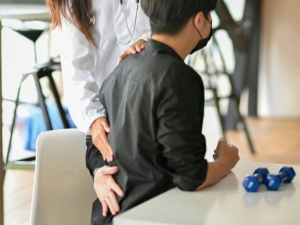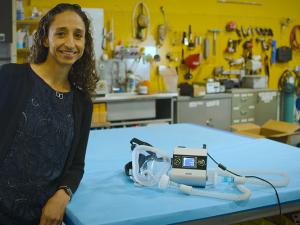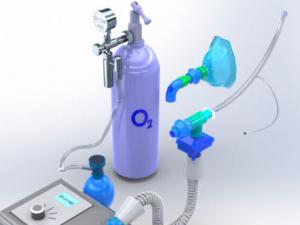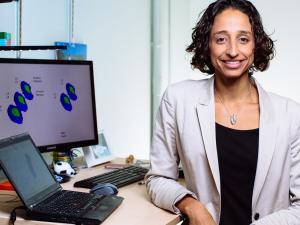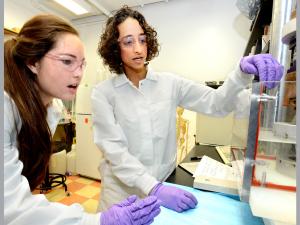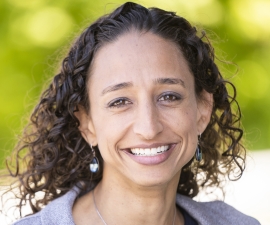

Research Bio
Grace O'Connell is a professor in the Department of Mechanical Engineering at UC Berkeley and an adjunct professor in the Department of Orthopedic Surgery at UCSF. Her research uses experimental and computational methods to understand the effect of injury and degeneration on soft tissues of the musculoskeletal system, such as cartilage and ligaments. Current NIH-funded research is using computational modeling to predict outcomes from surgical treatment for adolescent idiopathic scoliosis in collaboration with researchers in Arizona and Wisconsin. Research in collaboration with researchers at NASA AMES is focused on understanding how long duration spaceflight alters spine biomechanics and spine health. O’Connell also has ongoing research projects with colleagues at UCSF focused on modeling changes in biomechanical movement with osteoarthritis and low back pain.
Research Expertise and Interest
biomechanics, tissue engineering, intervertebral disc, cartilage
In the News
To Understand Low Back Pain, Researchers Are Looking Closely at How Our Bodies Move
UC Berkeley team creates respiratory devices from sleep apnea machines
CITRIS Invention Lab opens to produce COVID-19 supplies
Turning sleep apnea machines into ventilators
Mechanical Engineering To Aid Back Surgery
How To Grow Back The Back - Engineered Cartilage Surfaces
Researcher Grace O’Connell, an assistant professor of mechanical engineering at UC Berkeley, is advancing ways to grow human disc tissue — the spongy, protective material between vertebrae — and other engineered cartilage surfaces in a lab.

